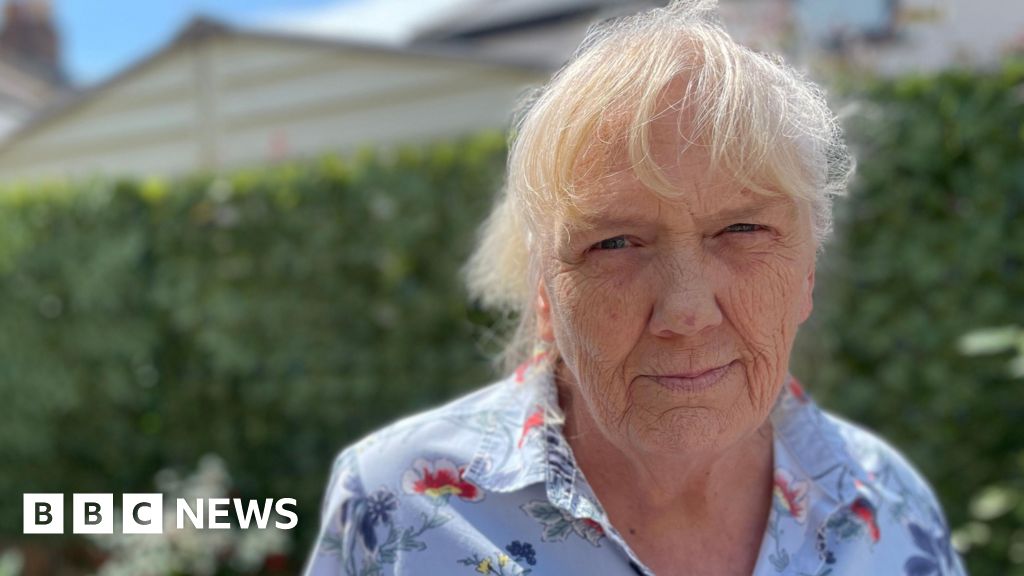World
First Google core update of 2024 brings bad news for most news publishers

Picture: Artur Widak/Anadolu Agency via Getty Images
Google’s latest core algorithm update has dealt yet another blow to publishers striving to improve their search visibility. It follows a string of recent updates that have led to most news publishers to fall down the search giant’s rankings.
Data from SEO tool Sistrix shows that of 70 leading news publishers tracked by Press Gazette, based mostly on those that regularly appear in our UK top 50 ranking, all but 15 saw falls in their visibility score. Of those, almost half (33) saw declines in the double-digits.
Sistrix’s Visibility Index measures how successful a website is in Google search results, assigning higher scores to sites that rank better in search results.
One of Google’s ‘biggest core updates yet’
While Google core updates are nothing new and happen at least once a year, the update launched on 6 March 2024 was, according to SEO experts at Yoast, one of Google’s biggest core algorithm updates yet.
It was targeted at cleaning up low-quality, often AI-generated content cluttering search results and was rolled out over a number of weeks.
Unlike the previous core update of late 2023, which particularly hit publishers with a traditional focus on scale often built with the aid of SEO-explainer-style articles, this update has negatively impacted both newer and more traditional news names.
Content from our partners
BBC News, for example, was among the sites that saw the biggest percentage drops, with its site losing 37% of its search visibility having fallen from 24.7 to 15.4 points in a little over six weeks. Its relative decline was second only to Canada-based entertainment site, Screenrant which saw its visibility fall by 40% from 27.6 to 16.7.
Other established publishers who saw large percentage dents to their visibility were the Evening Standard (down 32% from 29.6 to 20.1), LBC (down 30% from 1.3 to 0.9) and the Daily Record (down 24% from 4.6 to 3.5 points).
According to Google the March update was designed to tackle “spam and low quality content on search” and “to reduce content created for search engines on search”.
While Google says its core updates are simply designed to improve the quality of search results – the tech giant said there had been a 45% reduction in spammy content as a result of this update – news publishers can experience dramatic changes in search rankings, and a result revenue, following algorithm changes.
Reach regionals hard-hit
Among the hardest-hit news sites in this round were a number of Reach regional brands, which were similarly dealt a sharp blow in the last update of 2023.
Between 5 March and 19 April, visibility fell by 24% for the Bristol Post (from 1.02 to 0.77 points) and the Daily Record (4.61 to 3.5), by 23% for Chronicle Live (from 2.83 to 2.19), 22% at the Hull Daily Mail (from 0.55 to 0.43) and 21% at Lancashire Live (0.29 to 0.23). These sites have low visibility meaning small changes in score can have a relatively big impact.
Reach said last week (2 May) its page views in the first quarter of 2024 were down by 33% as a result of algorithm changes at Facebook and Google.
A number of large and visible sites also lost out, however. Among them were Good Housekeeping which shed almost a quarter of its visibility falling 23% from 104.2 to 80.5 points and The Independent which slumped 16%, from 143.5 to 120.3 points.
While Sistrix’s Visibility Index does not include the top stories section, a key driver of traffic to news sites, or the Google News tab, SEO expert Barry Adams has previously told Press Gazette that Sistrix data likely reflects similar changes in visibility in the top stories box.
Google core update winners
There were far fewer news and media winners in this update compared to previous ones. Just five sites in our analysis saw a visibility gain of at least 10% in the latest update, while an additional four saw an increase in visibility of at least 5%.
The biggest winner was DMGT’s the i, which saw its search visibility increase by 62% from 3.1 to 5.1 points over the 45 days of the update.
Future’s Tech Radar fared second-best among the sites in our list seeing its visibility surge by 45% from 49.2 points to 71.2 points, while The Week, one of the less visible sites in our list, saw its score improve by 40% from 0.2 to 0.3. Sistrix says its visibility index is not a traffic index, but search visibility is a major driver of traffic to many news sites and The Week has had a recent run of growth in our rankings.
Other winners included Reach’s Birmingham Mail, which saw its visibility increase by 15% to 2.4 points, and the Express, up 10% to 12.9 points. Other gains for sites such as at the Mirror, Forbes and Bloomberg were more modest.
GB News, which launched its dotcom URL last year and was among the biggest winners in relative terms on our list for the October 2023 update, fared much worse this time, seeing visibility in search fall 14% from 1.8 to 1.5 points. Despite this relatively low visibility score, the site has recorded consistent audience growth in Press Gazette’s top 50 audience ranking.
Overall, 13 news publishers found their search visibility either unchanged or slightly affected, an increase or decrease of less than 5%, as a result of the March update.
How UK’s biggest sites fared in the March core update
In contrast to the last core update, some of the UK’s largest newsbrands by audience size and visibility saw significant percentage shifts in visibility level as a result of this update.
As well as Good Housekeeping and The Independent mentioned above, The Guardian shed 10% of its visibility score falling from 285.5 to 256.6, while Mail Online fell by 14% in search, down to 60.1 points. The New York Times fell by 8% to 70.2 points.
In the past Mail Online executives have accused Google of downgrading its stories in search in favour or more politically liberal sites such as The Guardian. This update appears to have hit sites across the political spectrum.
Aggregator Google News remained the site on our list with the largest visibility (score of 321.9), followed by The Guardian, Forbes (124.8) and The Independent (120.3).
While core updates are designed to help Google improve the quality of search results for consumers by rewarding authoritative and trustworthy content, factors internal to a publisher such as technical issues and changes to a site can also affect rankings.
Email pged@pressgazette.co.uk to point out mistakes, provide story tips or send in a letter for publication on our “Letters Page” blog










